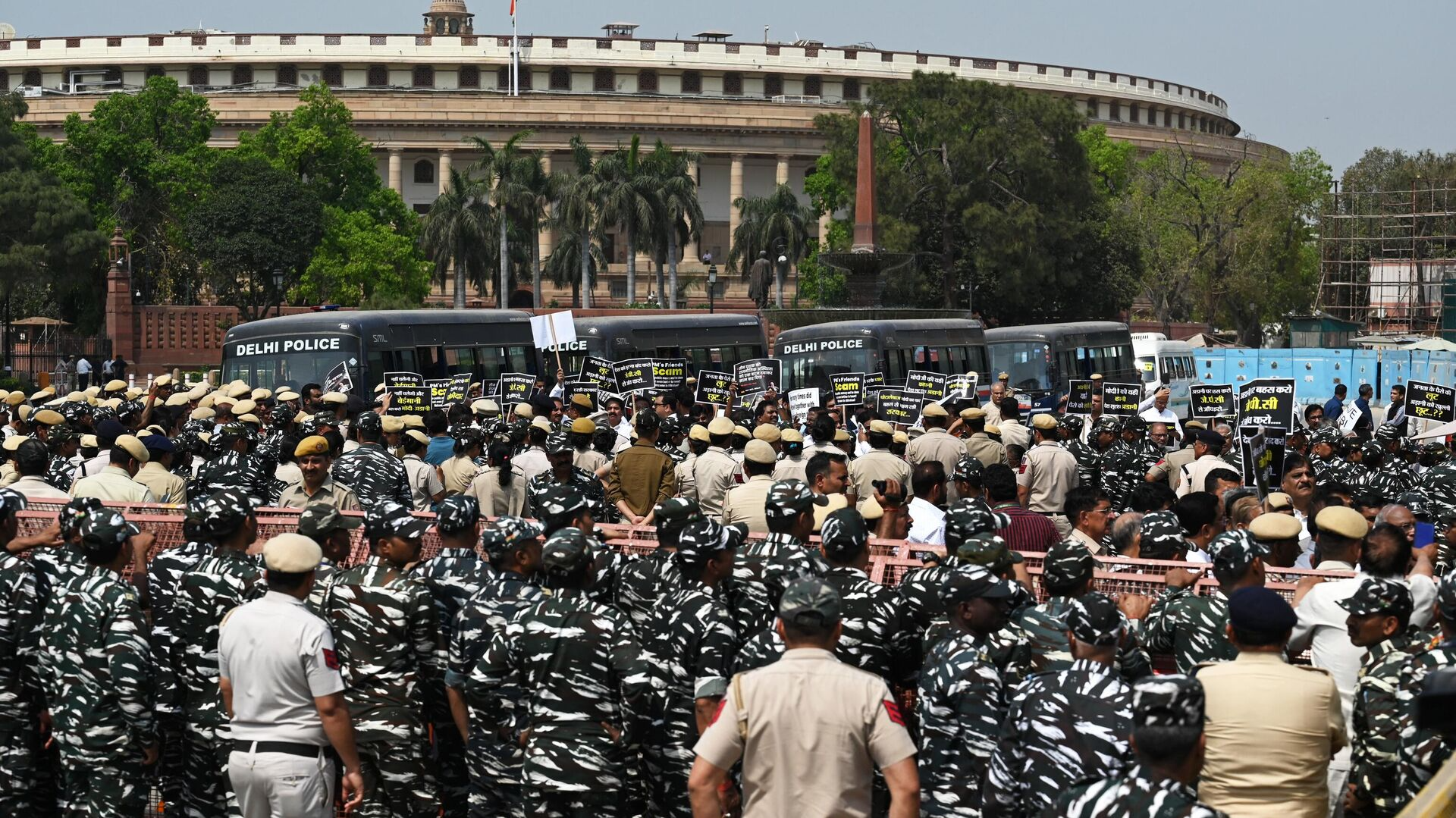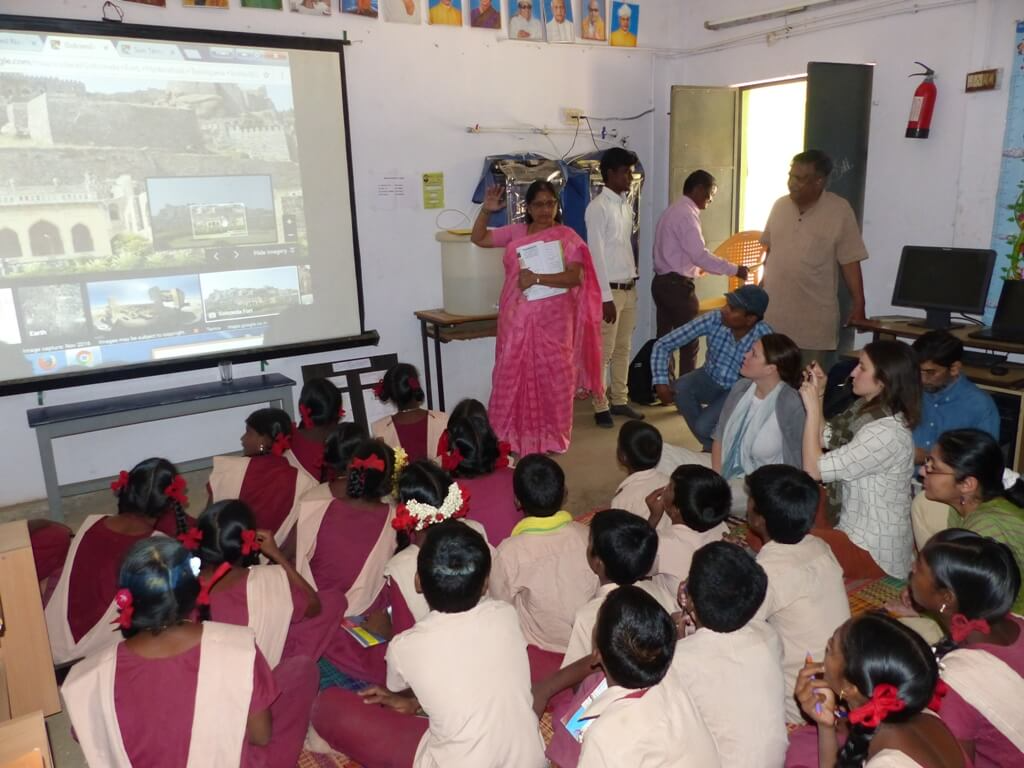Skill India Adds Green Tech Courses
Posted On July 11, 2025

In a strategic pivot towards a sustainable future and a burgeoning green economy, the Indian government's ambitious Skill India Mission has significantly ramped up its offerings of "Green Tech" courses. This proactive initiative by the Ministry of Skill Development and Entrepreneurship (MSDE) aims to equip India's vast workforce with the specialized competencies required for emerging green jobs, aligning the nation's human capital development with its ambitious climate targets and the global push towards net-zero emissions. This is not merely an addition of a few new courses; it's a systemic integration of green skills across various sectors, preparing a future-ready workforce for the rapidly evolving demands of environmental sustainability.
The impetus for this focused drive stems from India's national and international commitments to climate action, including its pledges at COP26 (Glasgow) and COP27 (Sharm El Sheikh), aiming for net-zero emissions by 2070. The rapid growth in renewable energy, electric mobility, waste management, green construction, and sustainable agriculture sectors has created a monumental demand for a skilled workforce. Industry reports in early 2025 indicated that India's green economy is projected to generate over 7 million jobs by FY28 and a staggering 35 million jobs by 2047. To capitalize on this "green job boom," the Skill India Mission, under its restructured program (including PMKVY 4.0), is strategically responding to bridge the evolving skill gap.
The core of this initiative involves the Skill Council for Green Jobs (SCGJ), a dedicated sector skill council under the National Skill Development Corporation (NSDC), which plays a pivotal role. Established specifically to address the skilled manpower requirements for climate-resilient technologies, SCGJ has been instrumental in identifying skilling needs, developing Qualification Packs (QPs), and designing comprehensive capacity-building programs. These QPs define the knowledge, skills, and understanding required for various green job roles, ensuring standardization and industry relevance across the training ecosystem.
The newly introduced and expanded green tech courses span a wide array of sectors critical to India's green transition-
Renewable Energy Technologies- This remains a cornerstone. Courses include advanced training for Solar PV Installers (Suryamitras), Wind Turbine Technicians, and specialists in Energy Storage Systems (battery technology and grid integration). New modules are being introduced for emerging areas like Hybrid Renewable Systems and Offshore Wind Power Plants, reflecting the evolving energy landscape. The collaboration between DGT (Directorate General of Training) and Shell India, launched in June 2025, specifically includes a 240-hour advanced EV Technician course and a 90-hour job-oriented EV skills course at ITIs and NSTIs, alongside a 50-hour foundational green skills module for basic awareness.
Electric Vehicles (EVs) and Green Transportation- With India's aggressive push for EV adoption, there's a huge demand for skilled professionals. Courses cover EV maintenance and repair, battery management systems, charging infrastructure installation and maintenance, and even design principles for sustainable transportation. The partnership between SCGJ and Tata Power/TPSDI (Tata Power Skill Development Institute), announced in March 2025, also focuses on creating a skilled workforce for green energy and power transmission, including emerging fields like green hydrogen and energy storage.
Waste Management and Circular Economy- As India grapples with growing waste generation, courses in Solid Waste Management (municipal, industrial, and agricultural waste), E-waste Recycling, and Waste-to-Energy technologies are gaining prominence. These programs train individuals in segregation, processing, resource recovery, and sustainable disposal methods, promoting a circular economy approach.
Green Construction and Sustainable Building- With a focus on energy-efficient and environmentally friendly infrastructure, courses are being offered in Green Building Design Principles, Sustainable Material Usage, Energy Auditing for Buildings, and installation of smart building technologies that optimize resource consumption.
Green Hydrogen Technology- Recognizing the immense potential of green hydrogen as a future fuel, SCGJ has initiated specialized training programs in this emerging field. Collaborations, such as those with USAID's South Asia Regional Energy Partnership (SAREP), focus on "Techno-economic Considerations for the Design of Green Hydrogen Projects," preparing professionals for this complex sector.
Sustainable Agriculture and Water Management- Programs in precision farming, organic farming techniques, sustainable irrigation methods (like drip irrigation), rainwater harvesting, and water quality management are vital for a nation heavily reliant on agriculture and facing water scarcity.
The pedagogical approach for these green tech courses emphasizes a blend of theoretical knowledge and practical, hands-on training. Many programs incorporate on-the-job training (OJT) and apprenticeships to provide real-world exposure, ensuring that graduates are job-ready. The curriculum is developed in close consultation with industry experts to ensure alignment with current market demands and future trends, leveraging the National Skills Qualification Framework (NSQF) for standardization and recognition. Partnerships with leading corporations like Shell India and Tata Power further bolster the practical relevance of these programs by providing industry-aligned curriculum, advanced infrastructure, and expert trainers.
The benefits of this initiative are far-reaching. For individuals, these courses open doors to high-growth, aspirational careers with increasing demand and competitive salaries. For industries, it provides a pipeline of skilled talent crucial for achieving sustainability goals and maintaining competitiveness in a global market that increasingly values green practices. For the nation, it accelerates its transition towards a cleaner, more sustainable economy, creating millions of jobs and contributing to environmental preservation. The Skill India Mission's integration of green tech courses is a testament to India's proactive approach in leveraging its demographic dividend to drive green growth and secure a sustainable future.
The impetus for this focused drive stems from India's national and international commitments to climate action, including its pledges at COP26 (Glasgow) and COP27 (Sharm El Sheikh), aiming for net-zero emissions by 2070. The rapid growth in renewable energy, electric mobility, waste management, green construction, and sustainable agriculture sectors has created a monumental demand for a skilled workforce. Industry reports in early 2025 indicated that India's green economy is projected to generate over 7 million jobs by FY28 and a staggering 35 million jobs by 2047. To capitalize on this "green job boom," the Skill India Mission, under its restructured program (including PMKVY 4.0), is strategically responding to bridge the evolving skill gap.
The core of this initiative involves the Skill Council for Green Jobs (SCGJ), a dedicated sector skill council under the National Skill Development Corporation (NSDC), which plays a pivotal role. Established specifically to address the skilled manpower requirements for climate-resilient technologies, SCGJ has been instrumental in identifying skilling needs, developing Qualification Packs (QPs), and designing comprehensive capacity-building programs. These QPs define the knowledge, skills, and understanding required for various green job roles, ensuring standardization and industry relevance across the training ecosystem.
The newly introduced and expanded green tech courses span a wide array of sectors critical to India's green transition-
Renewable Energy Technologies- This remains a cornerstone. Courses include advanced training for Solar PV Installers (Suryamitras), Wind Turbine Technicians, and specialists in Energy Storage Systems (battery technology and grid integration). New modules are being introduced for emerging areas like Hybrid Renewable Systems and Offshore Wind Power Plants, reflecting the evolving energy landscape. The collaboration between DGT (Directorate General of Training) and Shell India, launched in June 2025, specifically includes a 240-hour advanced EV Technician course and a 90-hour job-oriented EV skills course at ITIs and NSTIs, alongside a 50-hour foundational green skills module for basic awareness.
Electric Vehicles (EVs) and Green Transportation- With India's aggressive push for EV adoption, there's a huge demand for skilled professionals. Courses cover EV maintenance and repair, battery management systems, charging infrastructure installation and maintenance, and even design principles for sustainable transportation. The partnership between SCGJ and Tata Power/TPSDI (Tata Power Skill Development Institute), announced in March 2025, also focuses on creating a skilled workforce for green energy and power transmission, including emerging fields like green hydrogen and energy storage.
Waste Management and Circular Economy- As India grapples with growing waste generation, courses in Solid Waste Management (municipal, industrial, and agricultural waste), E-waste Recycling, and Waste-to-Energy technologies are gaining prominence. These programs train individuals in segregation, processing, resource recovery, and sustainable disposal methods, promoting a circular economy approach.
Green Construction and Sustainable Building- With a focus on energy-efficient and environmentally friendly infrastructure, courses are being offered in Green Building Design Principles, Sustainable Material Usage, Energy Auditing for Buildings, and installation of smart building technologies that optimize resource consumption.
Green Hydrogen Technology- Recognizing the immense potential of green hydrogen as a future fuel, SCGJ has initiated specialized training programs in this emerging field. Collaborations, such as those with USAID's South Asia Regional Energy Partnership (SAREP), focus on "Techno-economic Considerations for the Design of Green Hydrogen Projects," preparing professionals for this complex sector.
Sustainable Agriculture and Water Management- Programs in precision farming, organic farming techniques, sustainable irrigation methods (like drip irrigation), rainwater harvesting, and water quality management are vital for a nation heavily reliant on agriculture and facing water scarcity.
The pedagogical approach for these green tech courses emphasizes a blend of theoretical knowledge and practical, hands-on training. Many programs incorporate on-the-job training (OJT) and apprenticeships to provide real-world exposure, ensuring that graduates are job-ready. The curriculum is developed in close consultation with industry experts to ensure alignment with current market demands and future trends, leveraging the National Skills Qualification Framework (NSQF) for standardization and recognition. Partnerships with leading corporations like Shell India and Tata Power further bolster the practical relevance of these programs by providing industry-aligned curriculum, advanced infrastructure, and expert trainers.
The benefits of this initiative are far-reaching. For individuals, these courses open doors to high-growth, aspirational careers with increasing demand and competitive salaries. For industries, it provides a pipeline of skilled talent crucial for achieving sustainability goals and maintaining competitiveness in a global market that increasingly values green practices. For the nation, it accelerates its transition towards a cleaner, more sustainable economy, creating millions of jobs and contributing to environmental preservation. The Skill India Mission's integration of green tech courses is a testament to India's proactive approach in leveraging its demographic dividend to drive green growth and secure a sustainable future.












